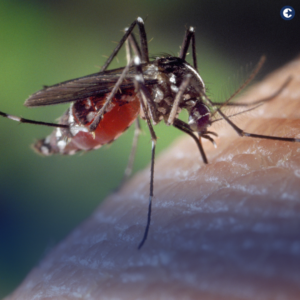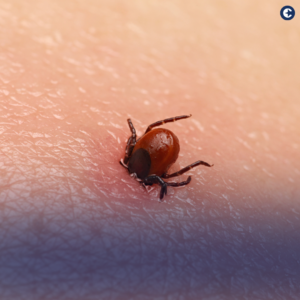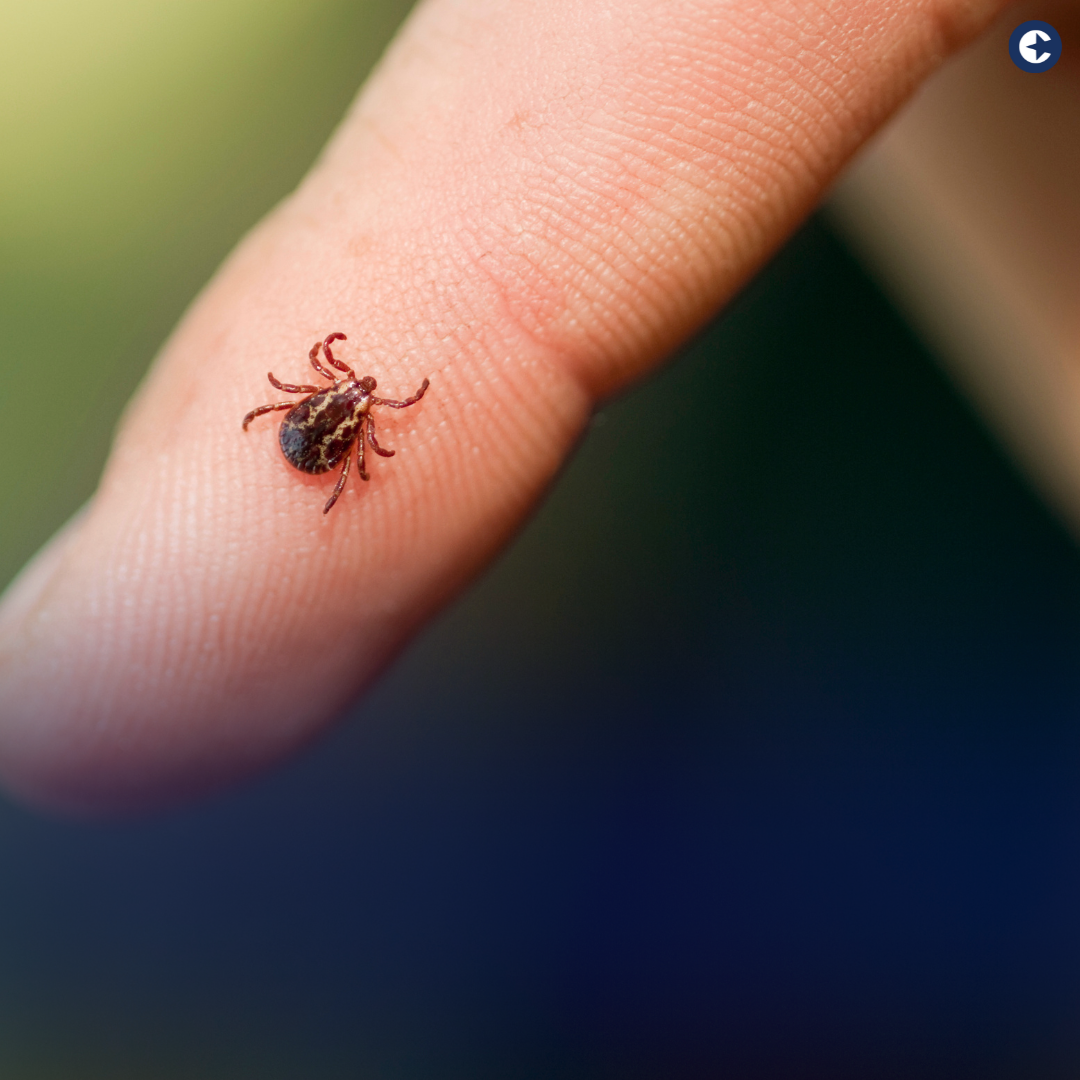Introduction: As the summer season approaches, many of us are excited to spend time outdoors, enjoying the sunshine and warm weather. However, with the joys of summer also comes the increased risk of tick-borne and mosquito-borne illnesses. In recent years, there has been a noticeable rise in these infections, and it’s crucial to stay informed and take necessary precautions to safeguard our health during outdoor activities.

- Tick-Borne Illnesses: Ticks, small blood-sucking parasites, are notorious carriers of various diseases. The most common tick-borne illnesses include Lyme disease, Rocky Mountain spotted fever, and anaplasmosis, among others. As the tick population grows and expands to new regions, the risk of contracting these infections has also increased.
Lyme disease is perhaps the most well-known tick-borne illness, and its symptoms can be severe, affecting the joints, heart, and nervous system if left untreated. Early detection is key to successful treatment, so it’s crucial to be vigilant after spending time outdoors, especially in grassy or wooded areas.
- Mosquito-Borne Illnesses: Mosquitoes are vectors for several serious infections, with the most notable being West Nile virus and Zika virus. West Nile virus can lead to symptoms ranging from mild fever to severe neurological complications, while Zika virus can cause birth defects if contracted during pregnancy.
Due to climate change and environmental factors, mosquito populations are thriving in various parts of the country, increasing the risk of mosquito-borne illnesses. It’s essential to be proactive in protecting ourselves from mosquito bites, especially during outdoor gatherings and activities during warm evenings.
Precautions to Stay Safe: Fortunately, there are several simple yet effective precautions we can take to reduce the risk of tick and mosquito bites and the potential transmission of these illnesses:
- Use Repellents: Apply EPA-approved insect repellents containing DEET, picaridin, or oil of lemon eucalyptus to exposed skin and clothing when spending time outdoors.
- Wear Protective Clothing: When in tick-prone areas, wear long-sleeved shirts, long pants, and socks. Consider treating clothing with permethrin, an insect repellent specifically designed for clothing.
- Check for Ticks: After spending time outdoors, thoroughly check your body for ticks. Pay close attention to hard-to-see areas, such as the scalp, behind the ears, and armpits.
- Eliminate Mosquito Breeding Sites: Empty standing water from outdoor containers to prevent mosquitoes from breeding. Use screens on doors and windows to keep mosquitoes out of your living spaces.
- Be Mindful of Peak Activity Times: Ticks are most active during warm months, and mosquitoes are active during dawn and dusk. Limit outdoor activities during these times.

Conclusion: With the increase in tick-borne and mosquito-borne illnesses, it’s crucial to prioritize our health and safety during the summer season. By taking preventive measures and staying informed about the risks in our area, we can enjoy the great outdoors while reducing the likelihood of exposure to these dangerous infections. Remember, knowledge and preparedness are essential in safeguarding ourselves and our loved ones.



